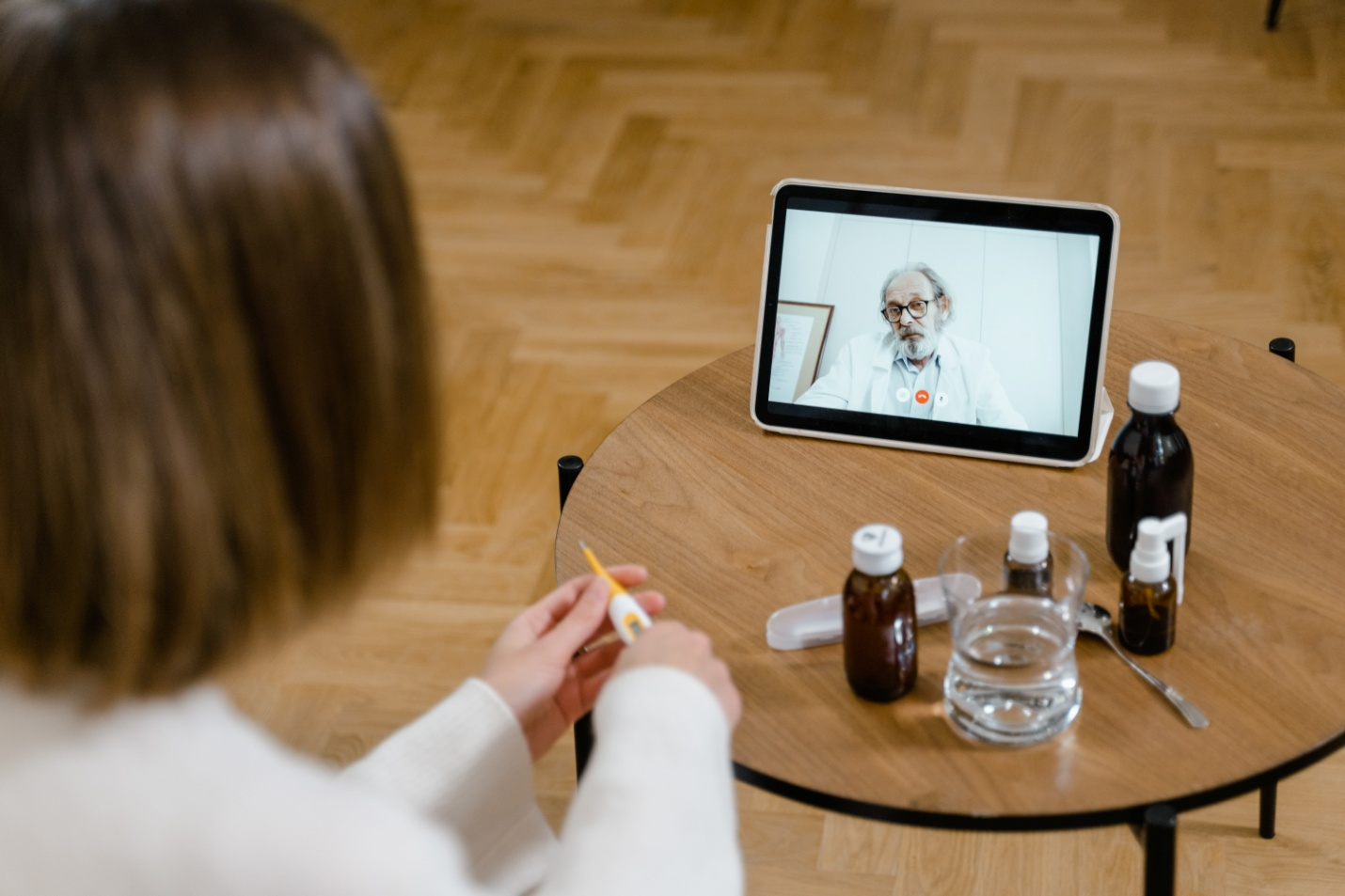Understanding Sinus Infections
After getting that fifth cold of the year, you might've had someone tell you that some people are just prone to getting colds. But this isn't true—and you might need to visit your primary doctor to get a better diagnosis.
Adults usually have about 2-3 colds per year, while children have more. Getting your cold-like symptoms checked by your family doctor is important because it could indicate other, deeper problems. If your stuffy nose isn't getting better after a week, you might have sinusitis.
According to the National Ambulatory Medical Care Survey's National Summary Tables report of 2018, the number of people who visited the emergency department that received a subsequent primary diagnosis of chronic sinusitis was 234,000, and the number of adults who had a confirmed diagnosis of sinusitis was 28.9 million.

That's a lot of people.
But anyone who has had a sinusitis infection can testify that the symptoms and prognosis of the condition are very similar to that of a common cold or the flu. So how exactly are we supposed to differentiate between these overlapping conditions?
In this feature, you can learn more about how you can differentiate between sinusitis and the others by identifying the diverging symptoms. You can also find out more about the causes of sinusitis, how it is diagnosed, the proper treatment options, and how you can manage it at home.

What Are Sinuses?
Sinuses are hollow cavities located within the cheekbones, form a path around the eyes, and lie behind the nose. Sinuses have mucus inside them, which enables them to stay warm and moist. It also helps dampen the air we breathe in so that it doesn't irritate us.
Anatomical Changes
Some people have changes in the structure of their nose, like:
- A slightly deformed nasal cavity
- A deviated septum
- Tissue growth like nasal polyps
- Narrow openings of the sinuses themselves etc.
Sometimes these changes may be present from birth, and they may also develop due to external factors. For example, tissue damage may occur due to drug abuse or excessively picking your nose.
What Causes a Sinus Infection?
The sinuses contain mucus, but it doesn't stay filled in the cavities. It drains and is excreted out continuously. Sinuses can become blocked when there is a hindrance to the normal drainage. The blockage may result in an infection. Other causes may include:
- Drug Abuse
- Anatomical deformities like a deviated septum may affect your drainage and make you prone to repeated infections
- Allergies to substances like dust, smoke, fur, pollen, etc.
- Regular smoking
- An untreated cold can progress into a sinus infection
Mostly, sinus infections are viral, but some may be caused by bacteria.

Symptoms of Sinusitis
The distinguishing sign of a sinus infection is a feeling of pressure– which is often painful– behind the cheeks, around the eyes, and on the forehead. Other common symptoms include: However, it is important to note that these symptoms may not always indicate a sinus problem. Get in touch with a virtual PCP to get a proper diagnosis while staying safe.

Types of Sinusitis
Chronic Sinusitis
Also known as chronic rhinosinusitis, this may occur when your symptoms have persisted beyond 12 weeks, even after medical attention. People with asthma or allergic rhinitis may also be prone to this condition since their airways are more likely to be inflamed.
Acute Sinusitis
Symptoms for this last just under 4 weeks. It starts like a cold, and in most cases, the signs settle between a week to 10 days. However, in some people, a bacterial infection may set.
Diagnosis of Sinusitis.
There are a few ways your urgent care doctor may diagnose your condition or refer you for a diagnosis:
- Allergy testing for triggers
- Examination of nasal passage by nasal endoscopy
- A CT scan or MRI for examining structural defects
- In some cases, nasal samples are sent for testing

Treatment Options
For Acute Sinusitis
A majority of people recover easily without any heavy prescription medicines. If the infection is bacterial, common antibiotics can help reduce symptoms. Your GP may recommend other options such as:
- Using nasal sprays
- Using a humidifier to keep nasal passage damp
- Staying hydrated
- Everyday pain killers
- Giving steam to clear airways

For Chronic Sinusitis
There are a few ways your urgent care doctor may diagnose your condition or refer you for a diagnosis:
- If you tested positive for allergens, you might be advised to manage your exposure to those substances
- Allergy shots
- Corticosteroid sprays administered intra-nasally
- Antifungal medication, if your infection is caused by a fungus
- In severe cases, sinus surgery or other forms of surgery to fix any anatomical problems you might have (like a deviated septum)
It is crucial to note that surgery should be the last resort, and pediatric surgery must not be done without consent. Reach out to your family practice doctor to discuss your options.
Additionally, with the COVID-19 pandemic, it has become even more important to be able to differentiate between symptoms so that you can get the right treatment at the right time.
While the coronavirus, flu, seasonal colds, and sinusitis may initially present themselves with the same symptoms, they do diverge at some point when some signs persist and others don't. It may be a good idea to get in touch with an online doctor who can guide you from the safety and comfort of your home so that you don't need to step out while sick.
A general practitioner can also guide you regarding steps you may need to take if there is a doubt that you may have COVID.
Going for hospital visits when you're sick is tiresome. You can consult certified urgent care virtual doctors and internal medicine specialists at TelMDCare. On their online platform, you can book virtual appointments with their trusted team and get quality healthcare services, even without insurance! Contact TelMDCare today and avail treatment at affordable costs.